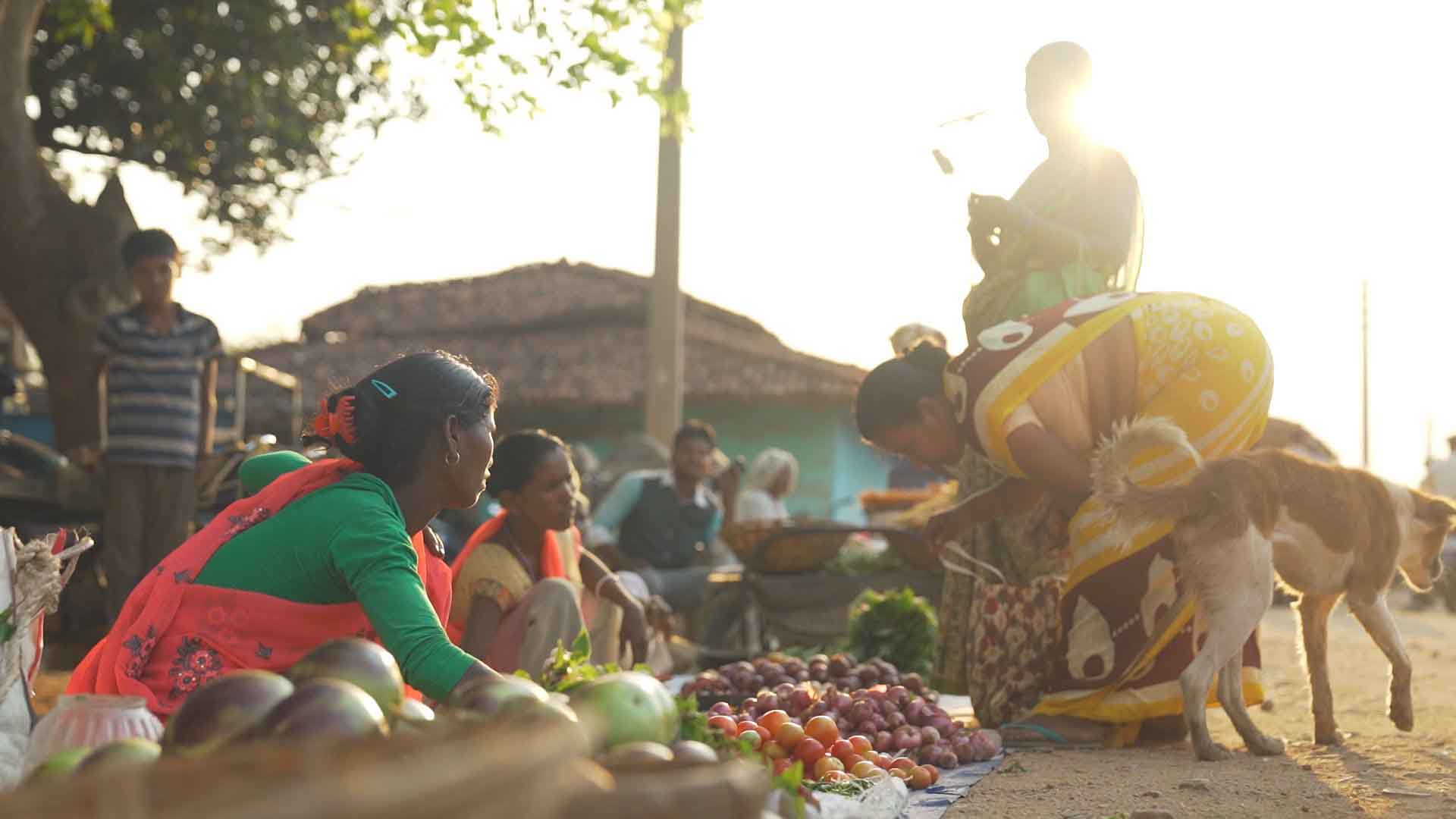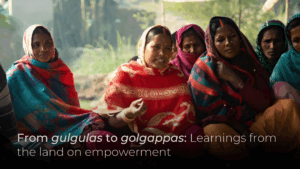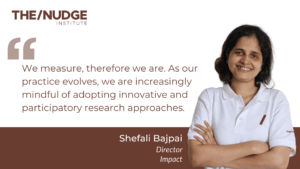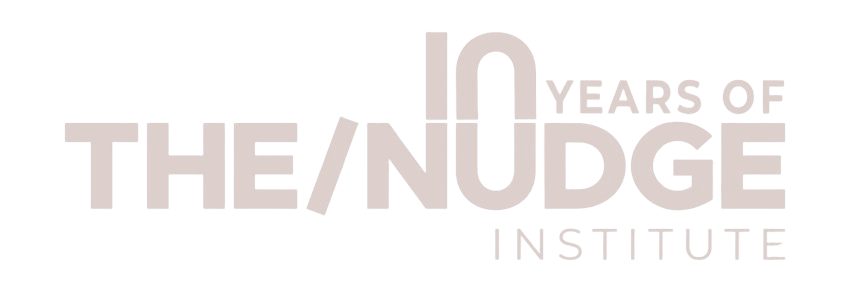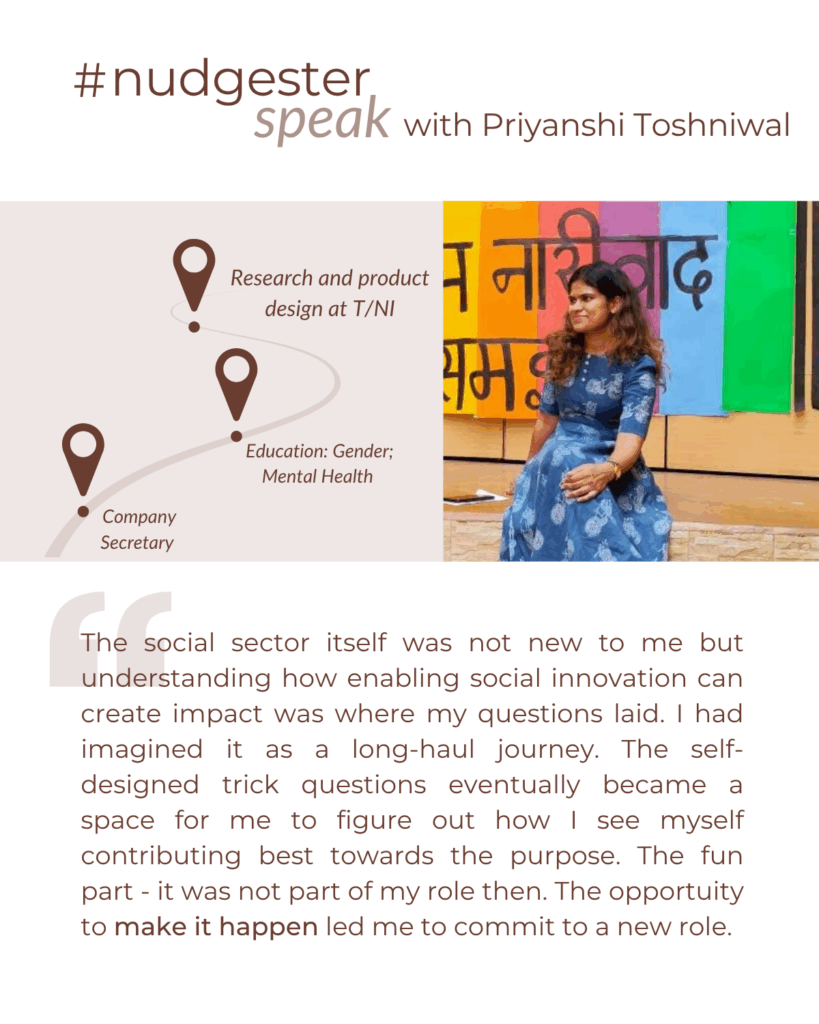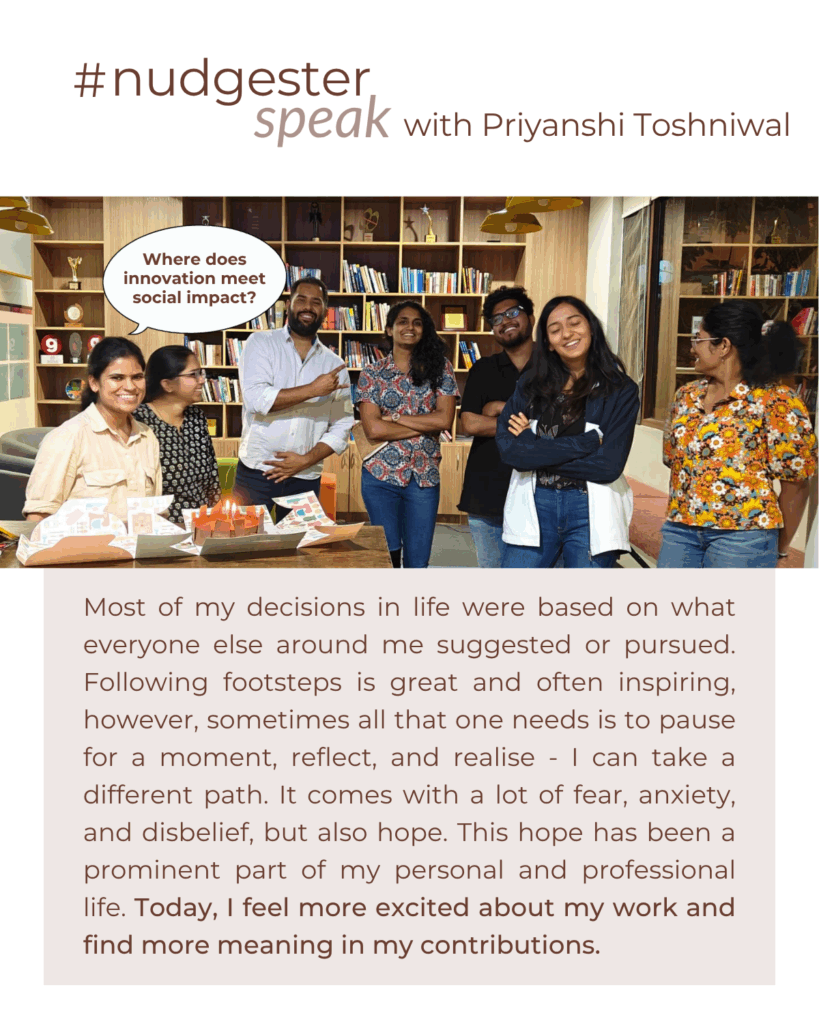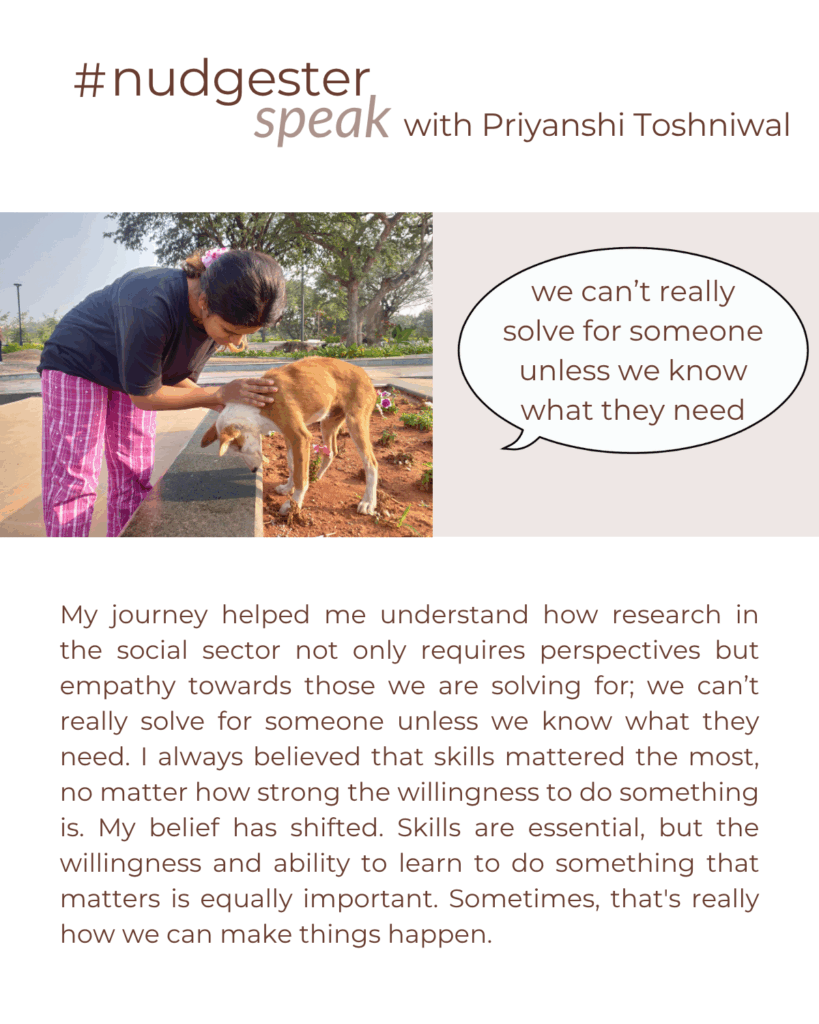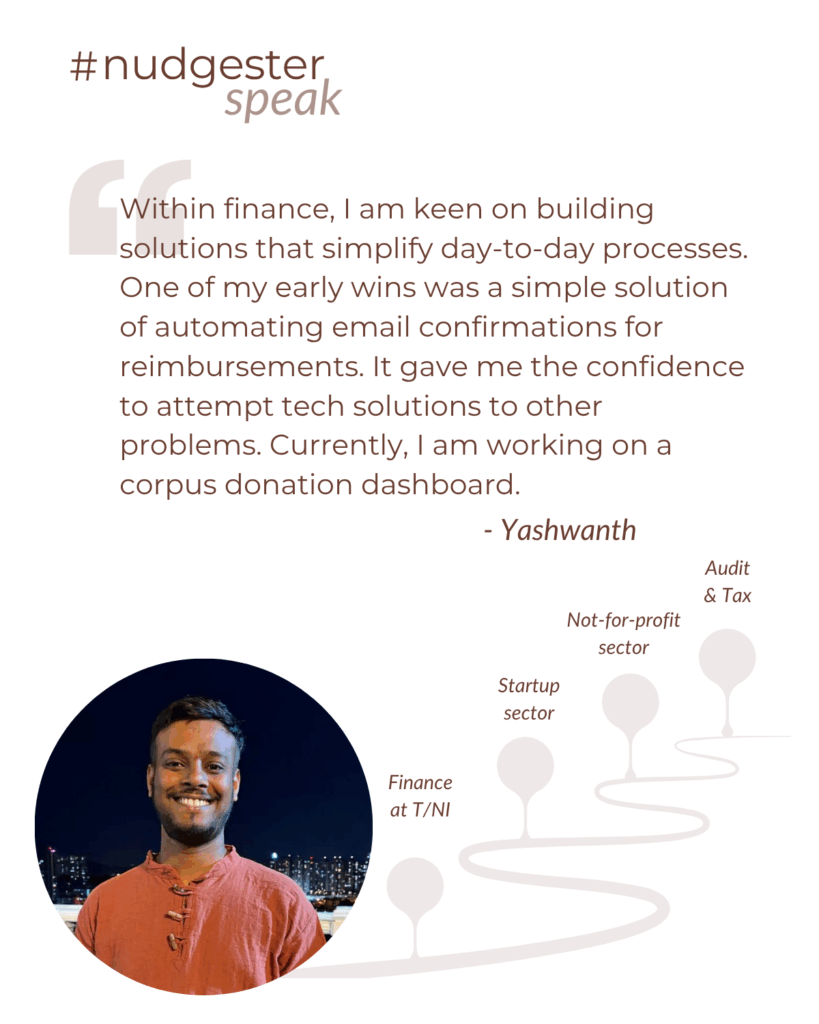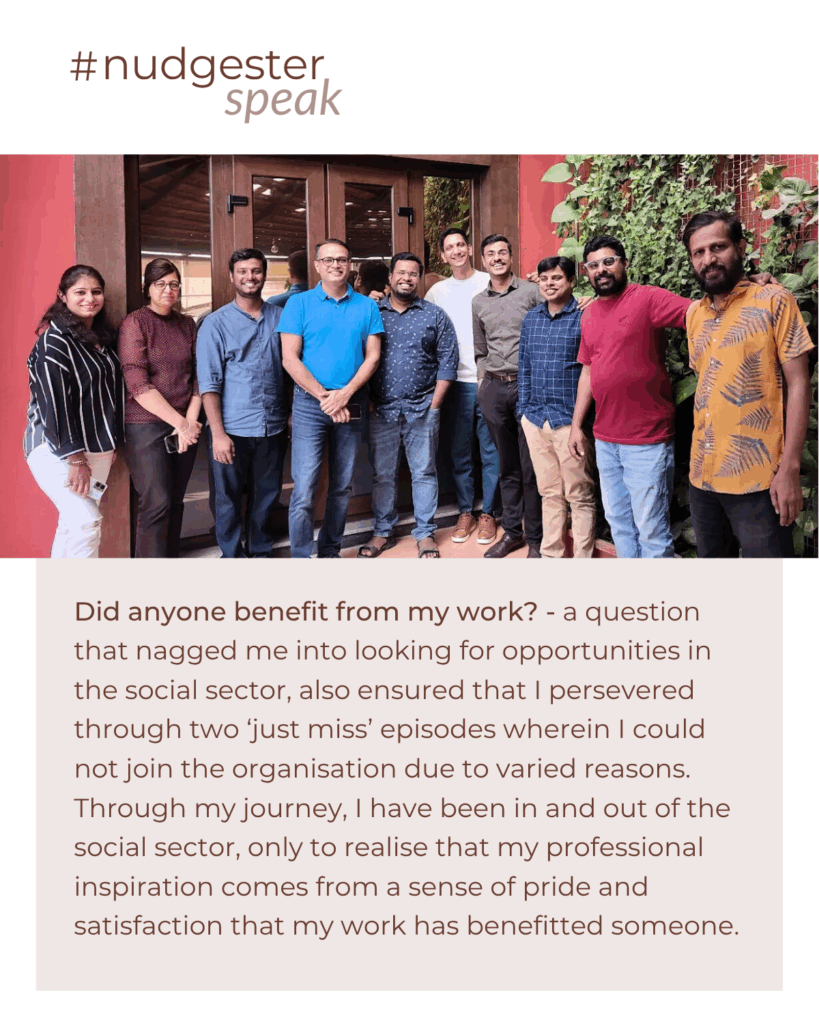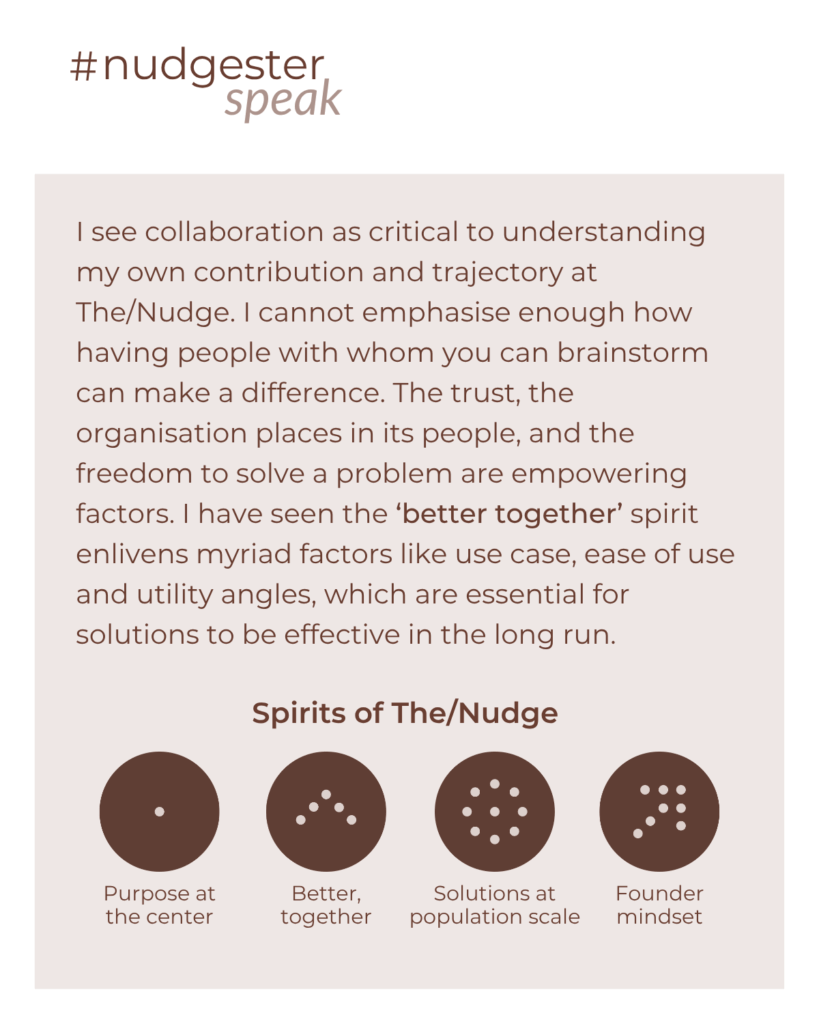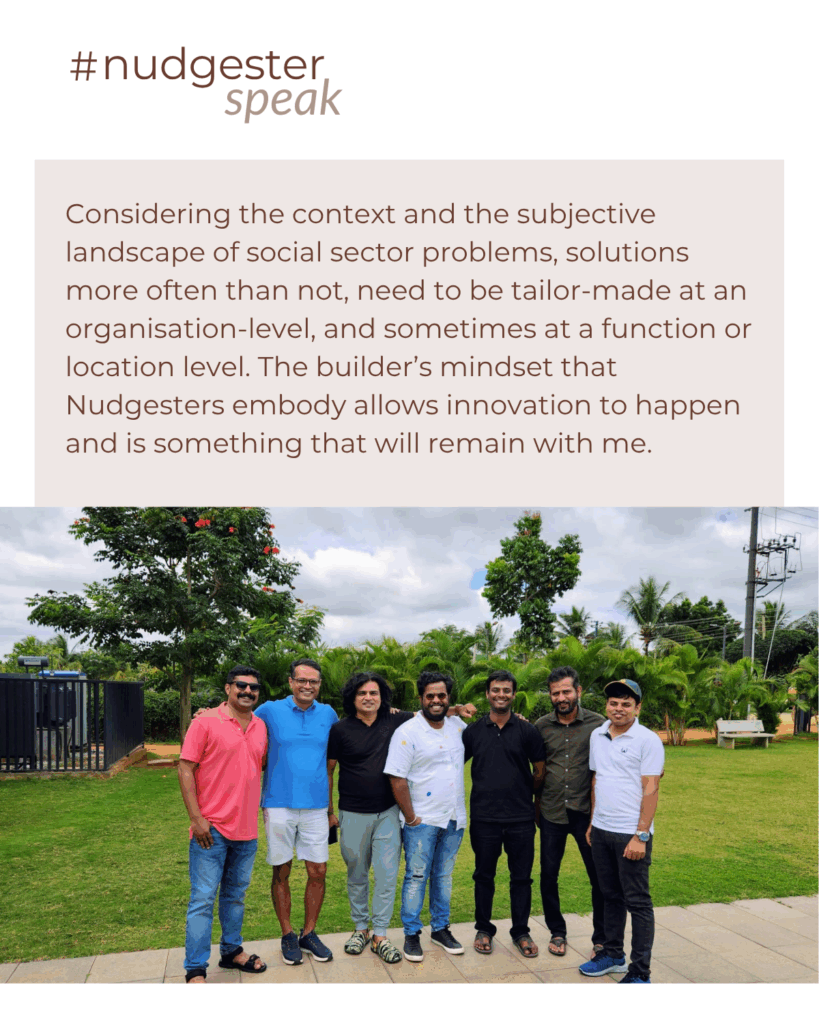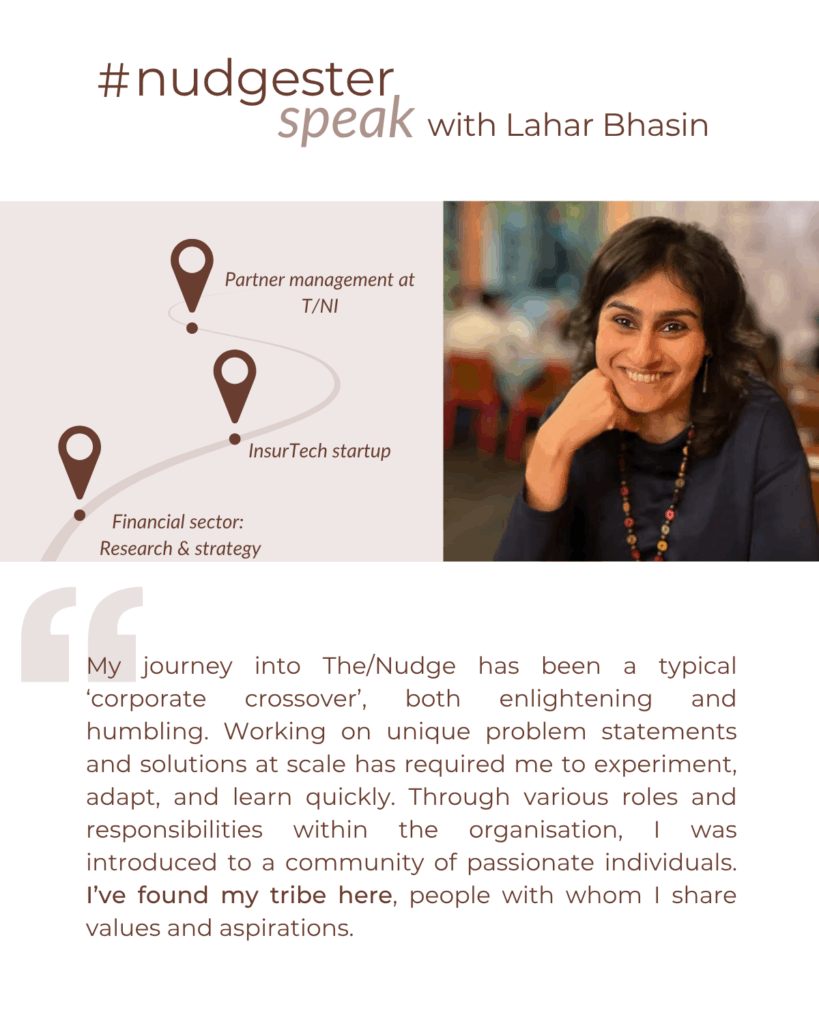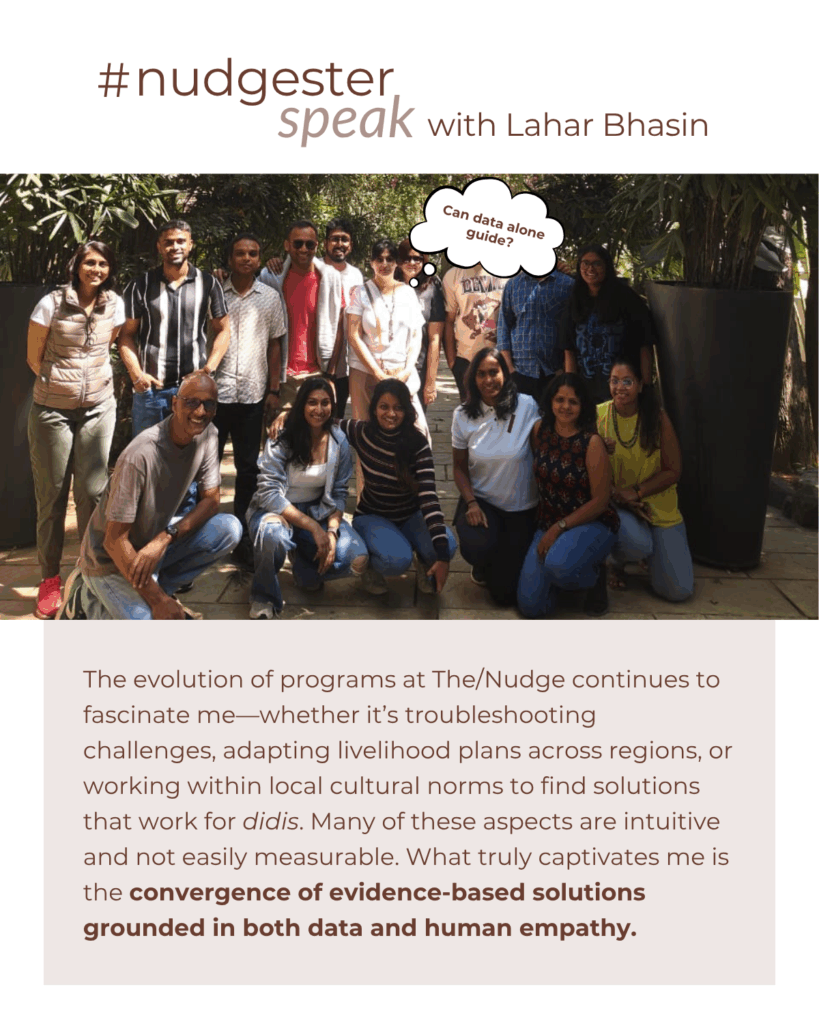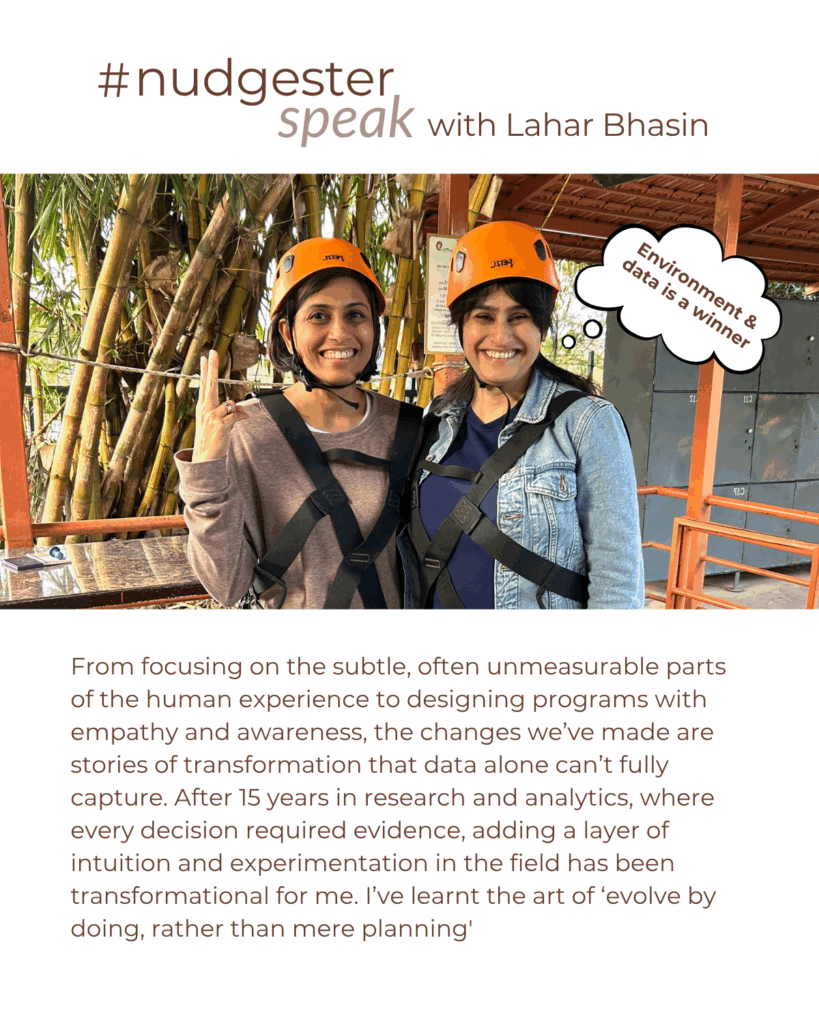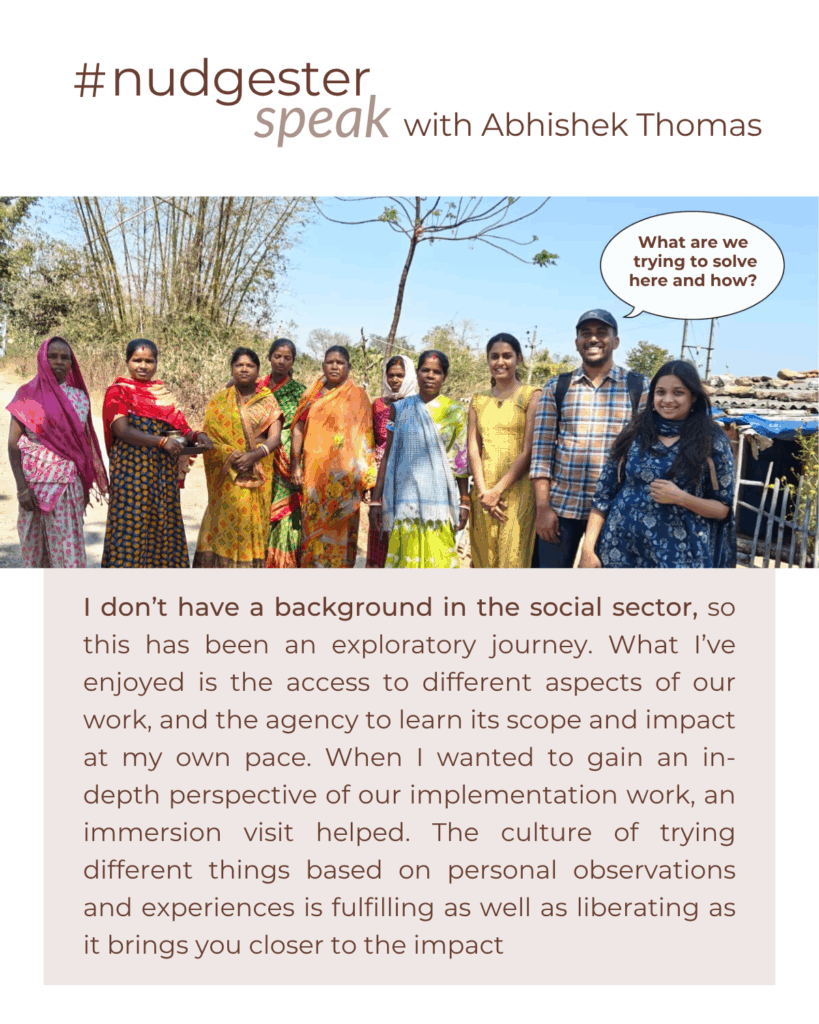Rita Birhor and her husband, Sunil Birhor, are members of the Birhor community, officially recognised as a Particularly Vulnerable Tribal Group. Rita Didi has stayed in Birhor tola, Lohardaga, since the 1970s, selling ropes and baskets made from forest produce at the local market- till she couldn’t. She had to migrate to Tripura for six to eight months in a year, working under tough conditions and scorching heat at the brick kilns for a meagre amount every month.
Leading a semi-nomadic lifestyle, the Birhor community largely depends on the forests and Non-Timber Forest Produce (NTFP) for their livelihood. Historically, the Birhor people would temporarily set up camp in Birhor tola during the rainy season and then migrate deep into the forest during the summers and winters in pursuit of ‘siali’ barks to make ropes and oil pressing baskets which are then sold at local ‘haats’. They have had limited ownership of cultivable land and land titles due to their nomadic nature. So when restrictions were imposed by forest department officials, combined with the dwindling availability of these resources due to frequent forest fires, this brought a severe blow to their earnings.
It’s now been three years since Rita didi last migrated. Rita Didi joined The/Nudge Institute’s Economic Inclusion Program (EIP) in 2019, and her family gradually learnt and realised the potential of agriculture and livestock rearing. They successfully cultivated and sold tomatoes and potatoes, which helped them secure an amount of Rs. 7750, and earned a substantial amount of Rs. 17,500 by selling two goats and two pigs in the third year of their enrollment.
Rita Didi says, “shuruvat mein subji lagana humein bahut hi mushkil lagti thi. Kyunki humne kabhi is tarak ka kaam kiya hi nahi tha. Lekin dheere dheere humein yeha sab kaam aane kagi.”( In the beginning, we felt that vegetable cultivation was extremely difficult because we had never done such work earlier, but slowly, over time, we developed an ease around doing agriculture.)
Rita Didi now also feels confident enough to manage the goats and pigs by herself. Her husband still migrates to the brick kilns because the income is not enough to cover contingencies like medical emergencies. However, Didi stays firm in her belief that continuing to pursue livestock and agriculture in the village will help her meet ends without having to migrate to make ends meet.
Note: In order to ensure the confidentiality of the program participants, their names have been changed.

